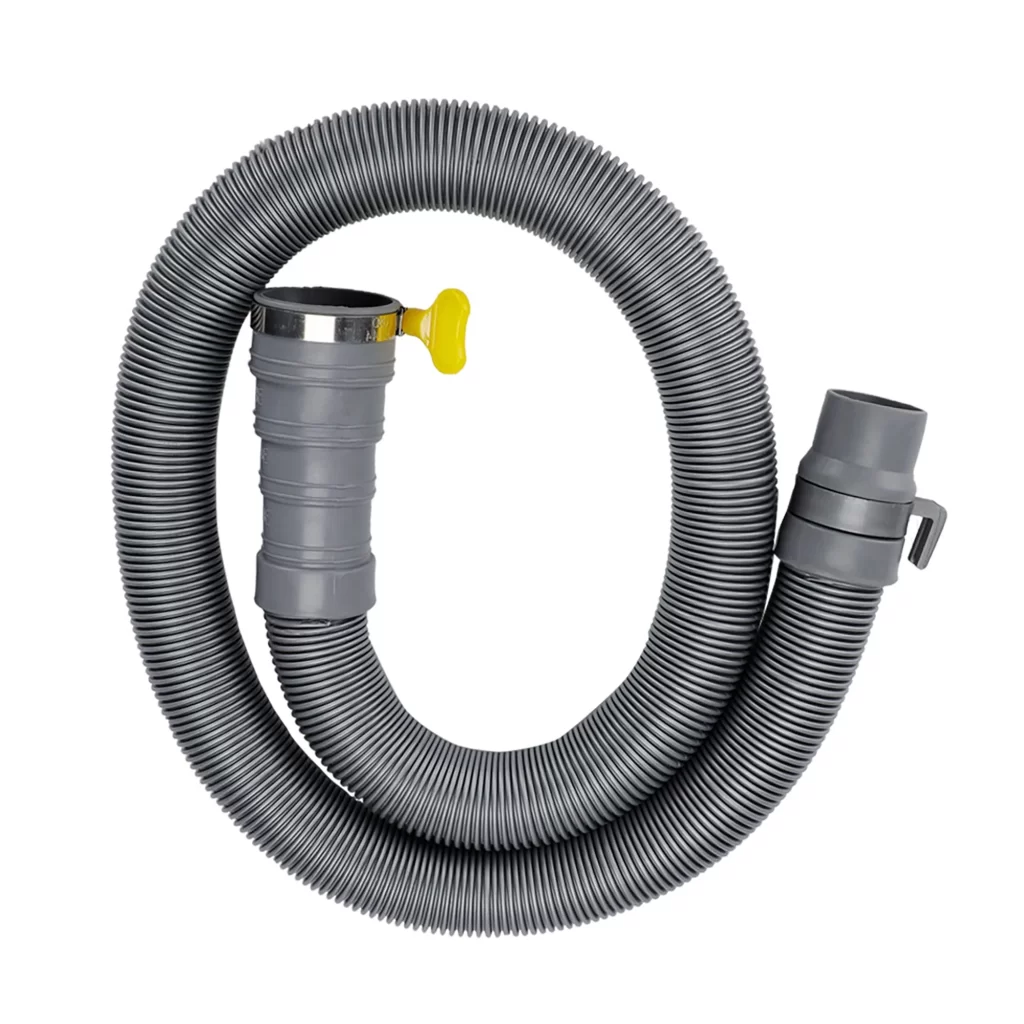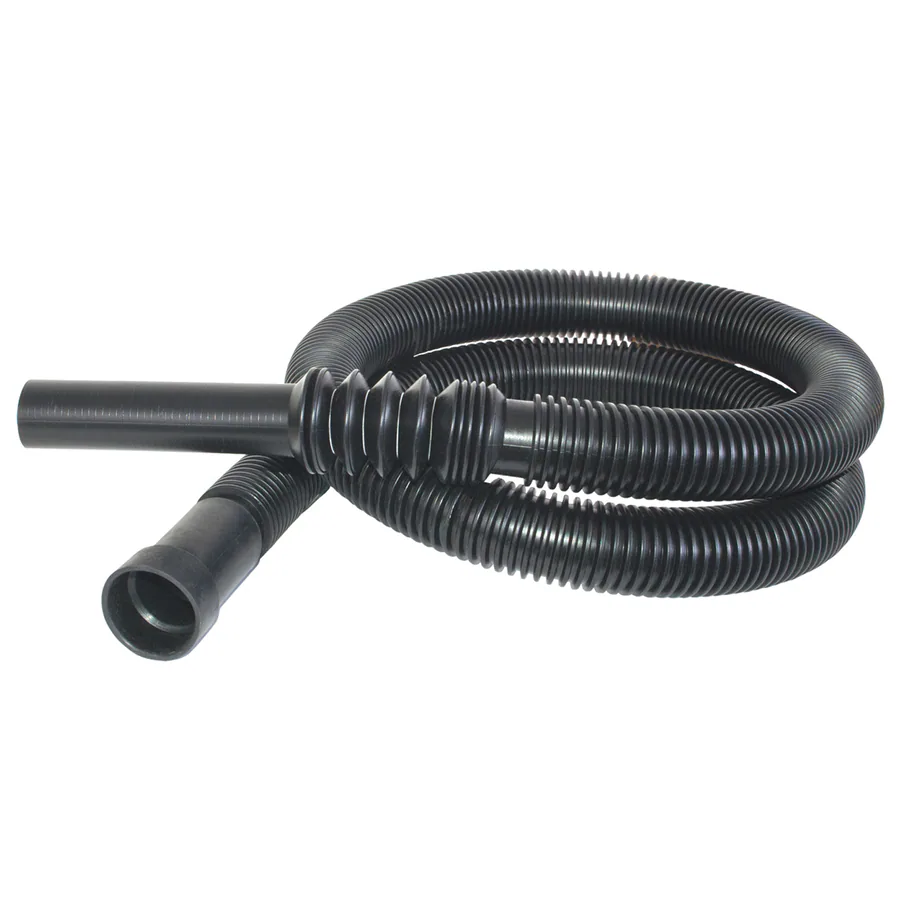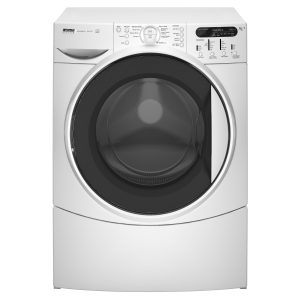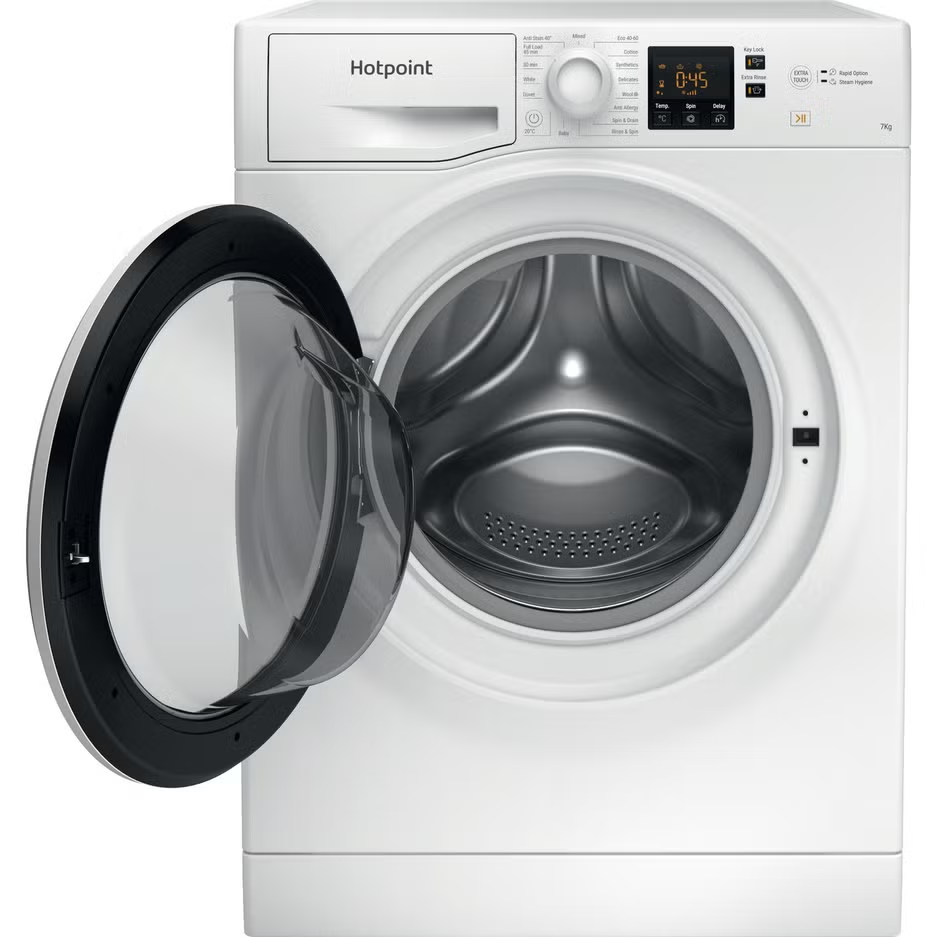Why Does My Sink Gurgle When My Washing Machine Drains?
If you have ever experienced a sink gurgling while your washing machine is draining, you may feel puzzled or even frustrated. This common issue can be a symptom of various plumbing problems and may lead to significant disturbances in your household. Understanding the mechanics behind this phenomenon can help you not only alleviate the noise but also prevent further plumbing issues in the future. In this article, we’ll explore the reasons why does my sink gurgle when washing machine drains, as well as what steps you can take to remedy the situation.
Understanding Drainage Systems
How Drainage Systems Work
To fully grasp why your sink gurgles, it’s crucial to understand how drainage systems function. Every household is equipped with a plumbing system that includes a series of pipes, drains, and venting mechanisms. The main purpose of this system is to transport wastewater away from your home and into the municipal sewage system or a septic tank.
The drainage system operates on a pressure differential. As water from the sink or washing machine flows through the pipes, it creates a vacuum effect. This vacuum pulls air through nearby openings (including those in other fixtures like sinks) that may not be completely sealed. If this air cannot flow freely, it can lead to gurgling noises, indicating a blockage or malfunction somewhere in the system.
The Role of Air Vents
Air vents play a vital role in maintaining pressure balance within the drainage system. They allow air to enter the pipes, preventing the formation of suction that can cause slow drainage. If these vents are blocked or malfunctioning, you may notice unusual sounds, including gurgling, when water from the washing machine drains down.
In many households, sinks and washing machines share drainage systems. This means that when the washing machine drains a large volume of water, it can create a pressure change that affects the nearby sink. If the sink is not draining properly due to blockages or venting issues, you are likely to hear gurgling noises as air attempts to escape the network of pipes.
Common Causes of Gurgling Sinks
1. Clogged Drain Lines
One of the most common reasons for sink gurgling is clogged drain lines. Over time, debris such as hair, soap scum, grease, and other waste can build up in the pipes, narrowing the passageway through which water flows. When the washing machine drains, it creates a rush of water that cannot pass through the restricted pipes. This results in air being pushed back into the sink, leading to gurgling sounds.
2. Blocked Air Vents
As previously mentioned, air vents are essential for a functioning drainage system. If these vents become blocked due to debris or external factors like bird nests, water cannot properly flow through the pipes. The result is often a gurgling sound as air is forced through the sink drain instead of seamlessly exiting through the vent.
3. Improperly Sized Pipes
Not all plumbing systems are created equal. In some households, the pipes connected to the washing machine and sink may be improperly sized. If the drain pipe for the washing machine is too small or if the sink drain is not of adequate diameter, the combined flow of water can create a backpressure that leads to gurgling noises.
4. Faulty Trap or P-Trap
The P-trap, which is located under your sink, is designed to prevent sewer gases from entering your home while allowing wastewater to flow down the drain. Should the P-trap become clogged or malfunction, it can lead to gurgling sounds coming from the sink when the washing machine drains. A faulty or improperly installed trap can either create blockages or fail to contain air pressure adequately.
5. Failing or Clogged Septic System
For homes that utilize a septic system, gurgling can indicate a larger problem. A failing or clogged septic system can cause yard backups and result in the pressing of air back into your plumbing. When the washing machine drains, the sudden influx of water can create pressure, leading to the disruptive gurgling noise you hear in the sink.
6. Legacy Plumbing Issues
Older homes may have outdated plumbing systems that are not designed to handle modern water usage. Outdated drainage and venting configurations can become prone to problems over time. If your sink gurgles with the washing machine, it may be time to evaluate the plumbing setup in your home.
Diagnosing the Problem
Inspecting Visible Plumbing
Before calling a plumber, you can perform some initial inspections on your plumbing. Look for visible signs of leaks, corrosion, or clogs in the pipes under your sink and the washing machine. Pay special attention to the P-trap and the connections between pipes.
Checking for Blockages
Run water through the sink and observe how it drains. If it drains slowly or produces gurgling sounds even without the washing machine running, chances are high that there is a clog somewhere in the system. You may want to use a plunger or a drain snake to try and dislodge any blockages.
Vent Inspection
Assess the air vent that corresponds to your sink and washing machine. Ensure that it is not obstructed by debris, leaves, or snow (in colder climates). If necessary, you might need to climb onto your roof to inspect the vent more thoroughly.
Listening for Gurgling Sounds
Take note of when the gurgling sounds occur. Is it only when the washing machine drains, or do they happen at other times? This detail can help narrow down the problem to a specific cause.
How to Fix Gurgling Sinks
DIY Solutions
- Use a Plunger: A plunger can be an effective tool to dislodge small clogs. Cover the overflow hole of your sink and use the plunger to create a seal over the drain. Push down and pull up vigorously for a few minutes.
- Use a Drain Snake: If plunging doesn’t work, a drain snake can help break through deeper clogs. Insert the snake into the drain until you hit a blockage, then crank the handle to either break it up or pull it out.
- Chemical Drain Cleaners: While not the most environmentally friendly option, chemical drain cleaners can sometimes clear clogs. Follow the instructions carefully and only use as a last resort.
- Flush the Vent: If it seems like the vent is clogged, you can try flushing it with a hose or a plumbing snake to clear any obstructions.
When to Call a Professional
While DIY solutions can fix minor issues, some plumbing problems require professional intervention. If you’ve attempted various remedies without success or if you suspect that the problem lies within the larger plumbing system, calling a plumber is the best path forward. Professional plumbing experts can perform a thorough evaluation, using specialized tools to diagnose and fix any problems hidden within your plumbing.
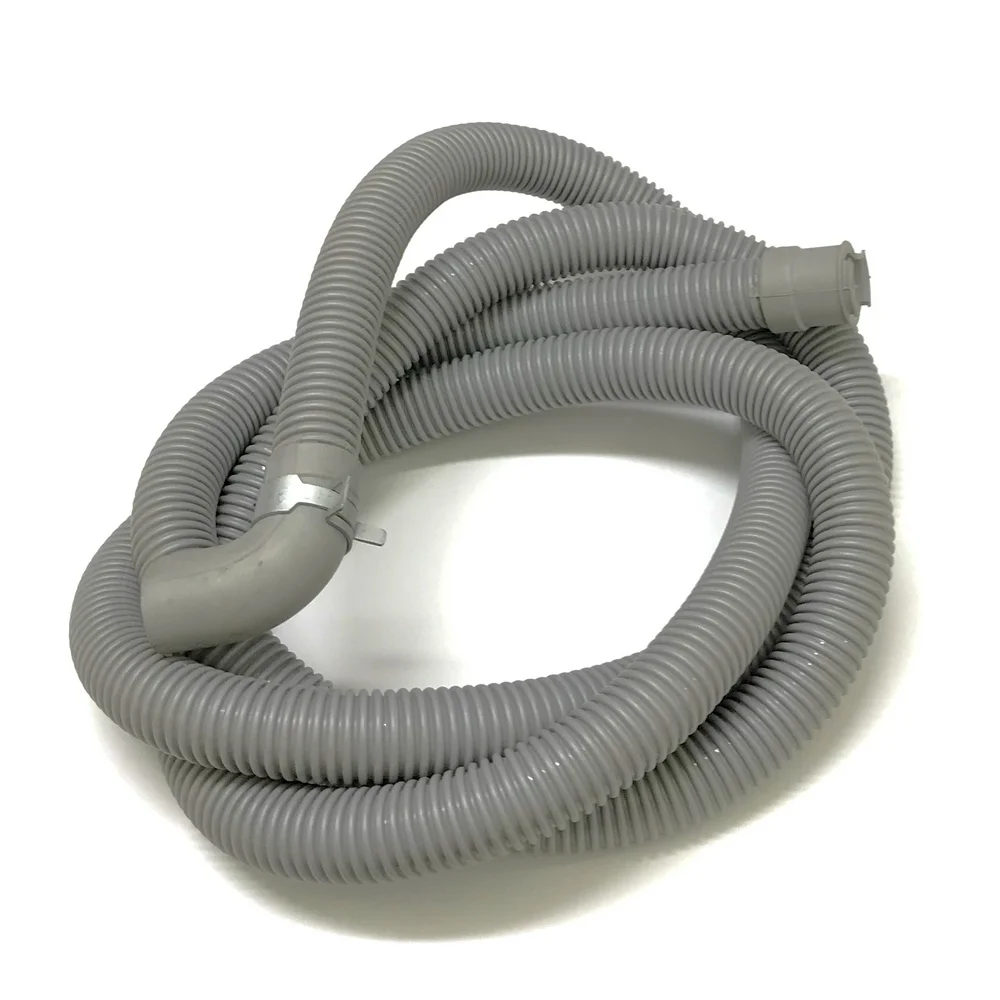 Preventative Measures
Preventative Measures
Regular Maintenance
Regularly maintaining your plumbing system can help prevent many issues that lead to gurgling noises. Flush your drains with hot water mixed with vinegar and baking soda monthly to help prevent buildup.
Invest in Quality Plumbing
Whenever you remodel or replace fixtures, consider investing in quality plumbing materials. Upgrading aging pipes can prevent ongoing plumbing woes.
Monitor Water Use
Keep an eye on your water usage and avoid overloading your washing machine. If you find that your sink continues to gurgle, spacing out laundry loads may ease the strain on the plumbing.
Be Mindful of What Goes Down the Sink
Be cautious about what you put down your sink and washing machine drain. Avoid pouring grease, coffee grounds, and fibrous foods that can easily clog your plumbing.
Regular Professional Inspections
Consider scheduling regular plumbing inspections for your home. A qualified plumber can quickly identify issues before they become problematic.
Conclusion: why does my sink gurgle when washing machine drains
Understanding why does my sink gurgle when washing machine drains is vital for effectively addressing plumbing issues in your home. From clogged drains to blocked vents and improper pipe sizing, the underlying reasons can vary significantly. By diagnosing the problem and taking preventative measures, you can foster a more efficient plumbing system that operates without unexpected disturbances. If you’ve attempted to resolve the issue with minimal success, don’t hesitate to contact a professional plumber who can assist you in restoring peace and functionality to your household plumbing. Taking steps to mitigate this problem today can prevent frustration in the future, allowing you to go through your daily routines without interruption.
